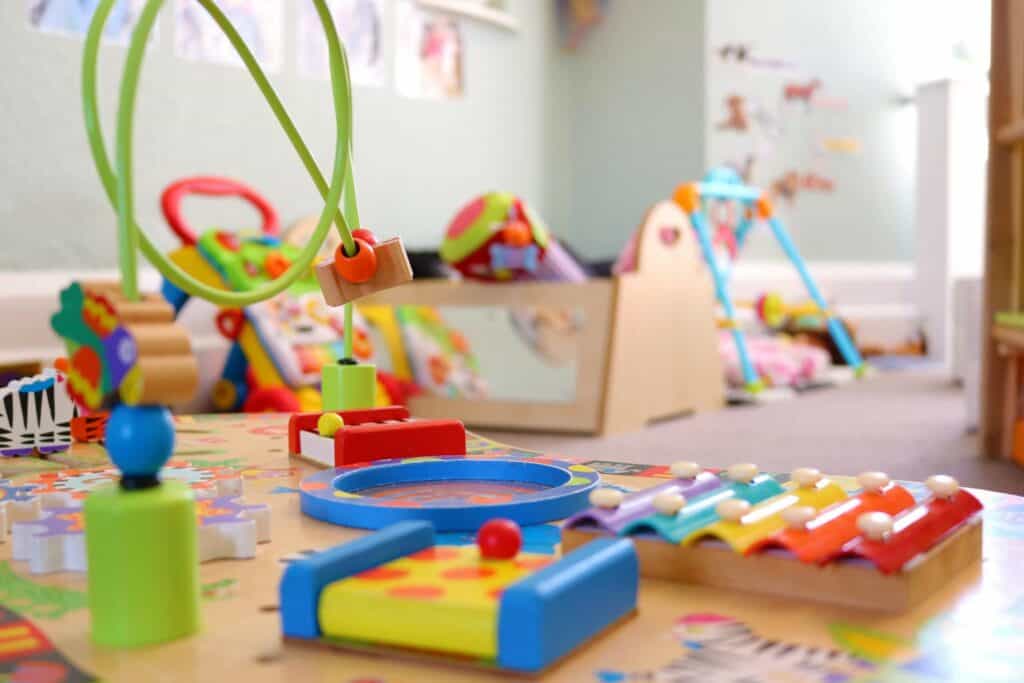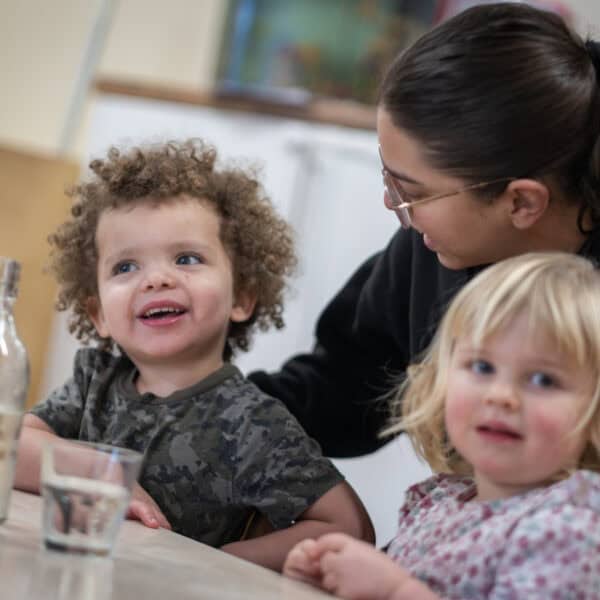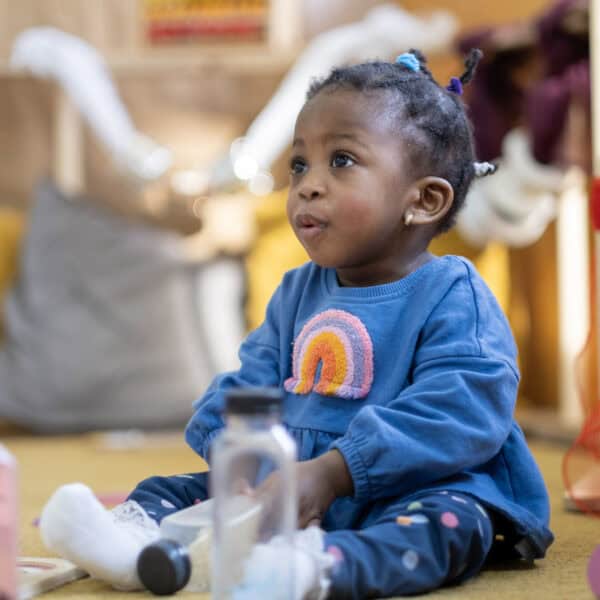Why We Shouldn’t Force Children To Say Sorry
Last Updated on April 7, 2025

It is not unusual to hear a practitioner asking a child to come and apologise to another child immediately following an altercation. “Come and say sorry please, that wasn’t very nice”. This appears to have become an automatic generic response that gives little thought to the uniqueness of each situation – the circumstances leading up to the incident, the child’s current situation and individual needs etc, etc. Doing this also takes the emphasis away from what has happened and the focus is turned to the apology. There are several reasons why this may not always be an appropriate response from an adult. Consider the following:
Teaching empathy
As practitioners, we are teachers and just like at every other point of the nursery day, responding to challenging behaviour is a ‘teachable moment’, after all, these children are naturally learning to manage their feelings and behaviour. When we tell children to come over and use the obligatory ‘sorry’ word, we are telling them that this will make things better, when of course it won’t. What we do want is for children to feel sorry and feel empathy for the other child so they can understand the consequences of their actions, and this is what we must teach…but this will not necessarily happen straight away. We must also consider the child’s age and stage as we do with all other learning, otherwise our teaching is not appropriate. The word sorry should only be used when a child feels sorry and feels sorry for what they’ve done as opposed to sorry they’ve been caught!
If we have a row with another adult, we may feel wound up and frustrated and it may not be until a while later that we can rationalise and look at the situation from another person’s perspective. When someone says sorry to us, we know from their expression, tone of voice and body language whether they are genuinely sorry or just saying the word. Young children do not yet have the skills and experience to do this, often resulting in children’s very unemotional, quick use of the word sorry following an action they know to be wrong, because they believe it will make things better. Older children often adopt the sarcastic ‘sorrrreeeeeee’ as if to say ‘Well I’ve said it but you know I don’t mean it’. Finally, if children refuse to say sorry at all…where does that leave the adult?

But it wasn’t my fault!
All too often adults make a snap decision about who the ‘wrong doer’ is when they haven’t seen exactly what happened leading up to the incident. We tell one child they must say sorry, when inside the child might be thinking ‘but they took my toy, they should be sorry too’. In doing so we are teaching children injustice which can lead to anger and frustration. More often than not there will be a root cause that we need to find out about to prevent a repeat of the incident.
Humiliation and respect
When dealing with an incident, be mindful that to do so with others gathered around listening in may be humiliating for both parties. If a child has been harmed, they are your priority and must be comforted in a calm space so they feel safe; they probably won’t want the person who has hurt them to force a hug onto them because of its protocol. Give the other child space to consider what happened, they may decide they are sorry and want to apologise using their own words and actions.
British Values
How well do you promote British Values when dealing with unwanted behaviour?
Democracy – do all children involved have their say and do you help them explore how to better deal with the situation in future? Do we as adults take some responsibility when it is the environment that has triggered the behaviour?
Rule of law – have children been able to create the rules? How do they know what the rules are? Do you help them to understand how their actions affect others?
Individual liberty – do you help children understand that we are free to have differences of opinion? Are children’s differing thoughts captured in floor books or on display to show how much we welcome and promote the diversity of the group?
Mutual tolerance and respect – how good Is your ethos of inclusivity, how tolerant are you when dealing with challenging behaviour? Are you a good role model when it comes to apologising or admitting you were wrong?









